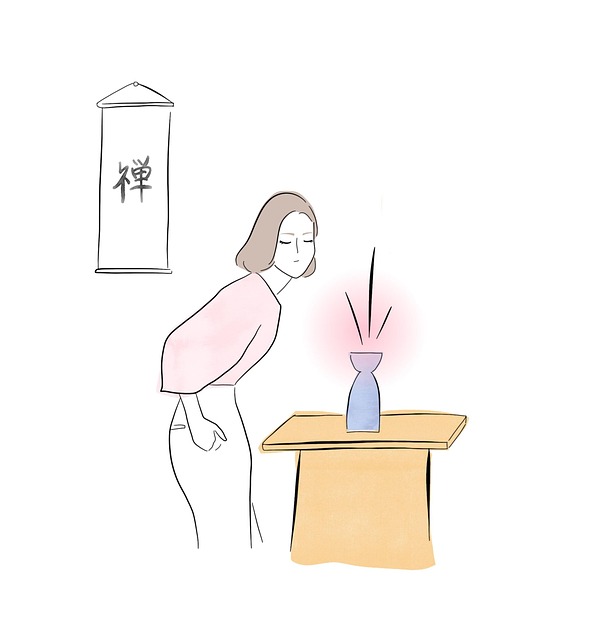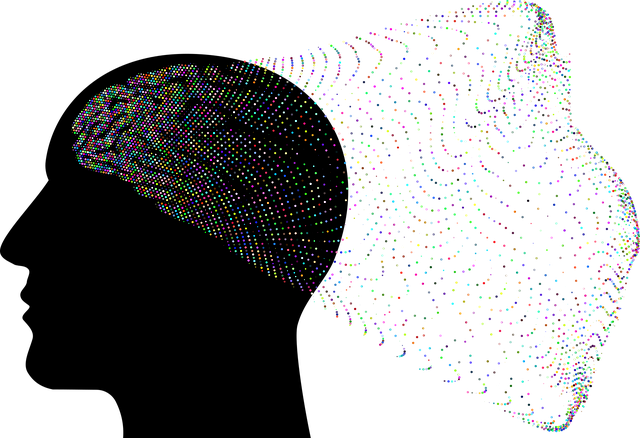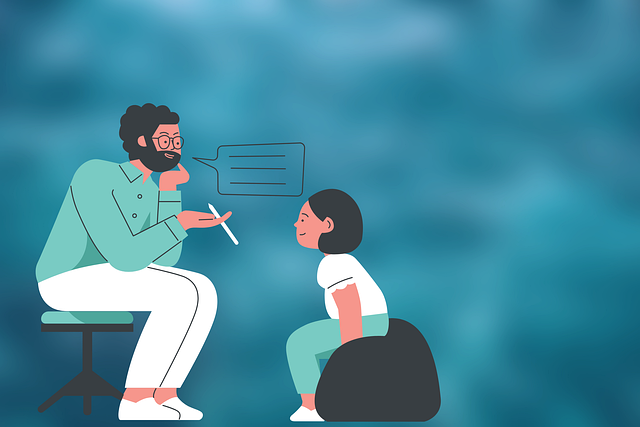In group facilitation for mental wellness, especially in settings like Arvada Anger Management Therapy, understanding complex dynamics is crucial for success. Facilitators create safe spaces where participants share experiences, learn from each other, and form meaningful connections despite diverse backgrounds. Through active participation, inclusive community-building, and effective interaction management, facilitators enhance therapeutic experiences while teaching practical stress management skills. Arvada Anger Management Therapy sessions manage intense emotions through open dialogue, exploring root causes of anger and empowering members with mood management techniques. Interactive activities foster empathy, understanding, and healthier coping mechanisms, breaking down stigmas related to mental health issues.
Mental wellness group facilitation is an art that empowers individuals through community support. In this comprehensive guide, we explore proven techniques to enhance group dynamics, foster safe spaces, and address challenges like anger management. From understanding group behavior to engaging interactive activities, learn how to facilitate effective sessions. Discover strategies tailored for Arvada Anger Management Therapy, offering a supportive environment where members can transform and heal.
- Understanding Group Dynamics for Effective Facilitation
- Techniques to Foster a Safe and Supportive Environment
- Strategies for Addressing Anger in Group Settings
- Promoting Mental Wellness Through Interactive Activities
Understanding Group Dynamics for Effective Facilitation

In the realm of mental wellness group facilitation, understanding group dynamics is paramount to effective leadership. Facilitators play a crucial role in creating a safe and supportive environment where participants can openly discuss their experiences, share insights, and learn from one another. Recognizing the unique interplay between individuals within a group—including their diverse backgrounds, personalities, and communication styles—is essential for navigating complex emotions and fostering meaningful connections.
For instance, in an Arvada Anger Management Therapy setting or Stress Reduction Methods workshop, facilitators must be adept at managing dynamic interactions. This involves promoting active participation through Social Skills Training, ensuring every voice is heard, and encouraging a sense of community. By cultivating an inclusive atmosphere, facilitators not only enhance the therapeutic experience but also empower participants with effective Stress Management Workshops Organization techniques they can apply in their daily lives.
Techniques to Foster a Safe and Supportive Environment

Creating a safe space is paramount for effective group facilitation, especially when addressing sensitive topics like anger management. In Arvada Anger Management Therapy sessions, facilitators can employ several techniques to foster an environment where participants feel secure and supported. One powerful tool is establishing clear boundaries from the outset, ensuring everyone understands the rules of engagement. This includes promoting active listening, empathy, and non-judgmental attitudes, allowing individuals to share their experiences openly without fear of criticism.
Additionally, incorporating self-awareness exercises and compassion cultivation practices can significantly enhance the group dynamic. Encouraging members to explore their emotions and reactions encourages personal growth and understanding. Trauma support services tailored to these groups can also help participants process past traumas, fostering a deeper sense of safety and connection among peers facing similar challenges.
Strategies for Addressing Anger in Group Settings

Anger is a powerful emotion that can quickly escalate in group settings, especially in close-knit communities like those found in Arvada Anger Management Therapy sessions. Facilitators play a vital role in managing this intense feeling and guiding participants towards healthier expression and resolution. One effective strategy is to create a safe and non-judgmental environment where individuals feel comfortable sharing their experiences. Encouraging open dialogue allows members to explore the root causes of their anger, whether it stems from past traumas or current stressors.
Additionally, teaching mood management techniques can empower group members to respond mindfully rather than reacting impulsively. This may include breathing exercises, mindfulness practices, or cognitive reframing skills. By integrating these tools into group discussions, facilitators facilitate a more controlled atmosphere and foster a sense of calm. Moreover, incorporating Mental Health Policy Analysis and Advocacy concepts can provide a broader perspective on anger management, encouraging members to consider systemic issues and advocate for changes that support better mental health care, including Healthcare Provider Cultural Competency Training to ensure inclusive and effective treatment.
Promoting Mental Wellness Through Interactive Activities

In facilitating mental wellness groups, interactive activities play a pivotal role in fostering a supportive and engaging environment. These activities, tailored to address various aspects of mental health, can significantly enhance participants’ well-being. For instance, incorporating Arvada Anger Management Therapy techniques encourages individuals to express and manage their emotions constructively, thereby reducing anger-related stressors. By actively participating in role-playing scenarios or group discussions, members develop healthier coping mechanisms and improve their ability to navigate challenging situations with empathy.
Moreover, interactive elements foster community building and empathy within the group. Public Awareness Campaigns Development initiatives can be incorporated to educate participants about mental health issues, breaking down stigmas and promoting understanding. Empathy Building Strategies, such as sharing personal experiences in a safe space, help members connect on a deeper level, fostering compassion and support among peers. These interactive approaches not only complement traditional Mental Wellness Coaching Programs Development but also empower individuals to actively contribute to their own healing and the well-being of others.
Mental wellness group facilitation is a powerful tool, enabling individuals to connect, support each other, and navigate challenging emotions like anger constructively. By understanding group dynamics and employing tailored techniques, facilitators can create safe spaces that foster healing and growth. The strategies outlined in this article—from establishing supportive environments to engaging in interactive activities—equip professionals with the means to effectively guide groups towards improved mental wellness. Incorporating these practices into Arvada Anger Management Therapy sessions can revolutionize how individuals manage and overcome anger, promoting lasting positive change.










